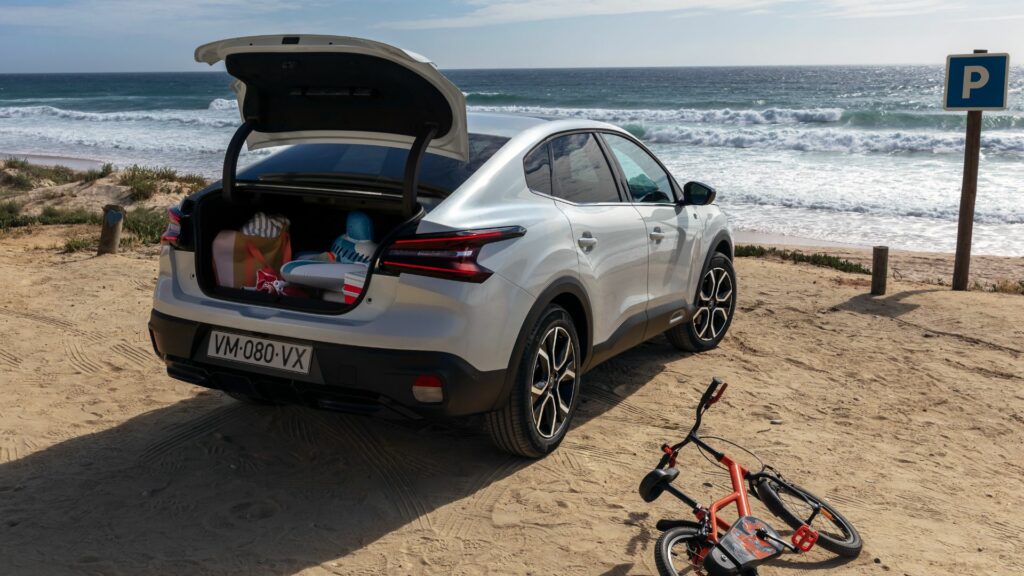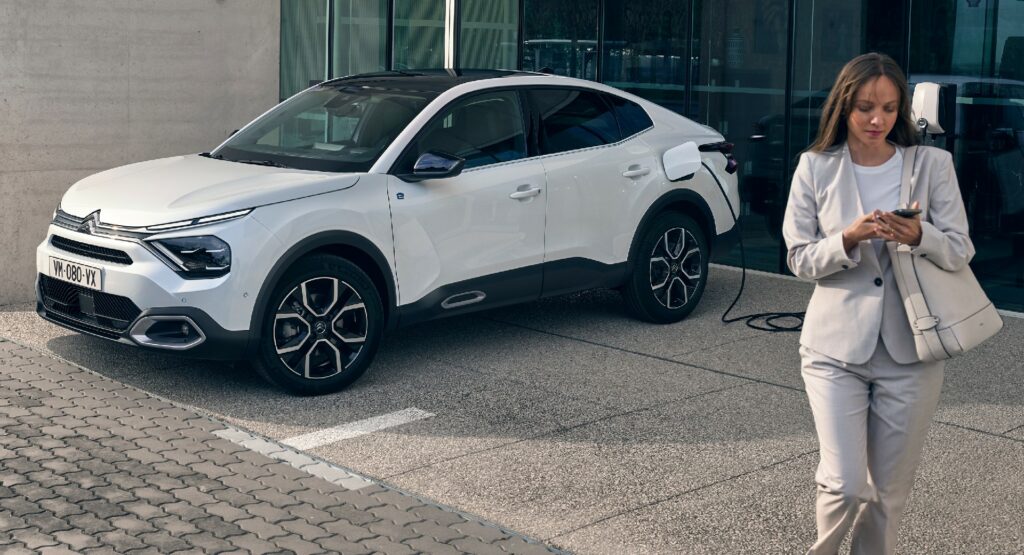The chief executive of Citroen says the rise of electric vehicles could end the domination of SUVs.
While recently speaking with Auto Express, Vincent Cobée said that a key reason why SUVs will lose popularity in the EV age is because of aerodynamics, noting they are much less efficient than an equivalent sedan. He also doesn’t believe that counteracting this by installing electric SUVs with larger battery packs isn’t sustainable because of the added weight.
“On a battery EV, if your aerodynamics are wrong, the penalty in terms of range is massive,” he told the publication. “You can lose 50 kilometers between good and bad aero, and between an SUV and a sedan you’re talking 60/70/80 kilometers very easily.”
Read: Citroën To Build Another 1,000 Ami Buggies After Original 50 Sold In 18 Minutes

Cobée is particularly concerned with the growing weight of EVs, pointing to the fact that France plans to tax vehicles by weight, and suggested that this weight issue, plus aerodynamics, could effectively kill the D SUV segment.
“In the 1970s, a car was weighing 700kg,” he said. “Today an average car is weighing 1300kg. Tomorrow an average car will weigh two tonnes. So we’re using three times more resources to deliver the same service, just to be ‘green’.”
Cobée believes it is far more important to improve charging than it is to routinely increase the size of batteries. Indeed, he suggested that lugging around a big battery is likely carrying a large multi-day hiking backpack to the office each day.
“Do you go to the office with that backpack? The answer is no. So why would you go to the office with a car with one tonne of battery?”
This philosophy explains why Citroen is generally keeping the batteries of its EVs to around 50 kWh or less.
“If we stick to ‘SUV boxes’ until 2030 and discover there’s no customer, it’s going to be a hard landing… you don’t want to be the last one to leave the dancefloor.”




